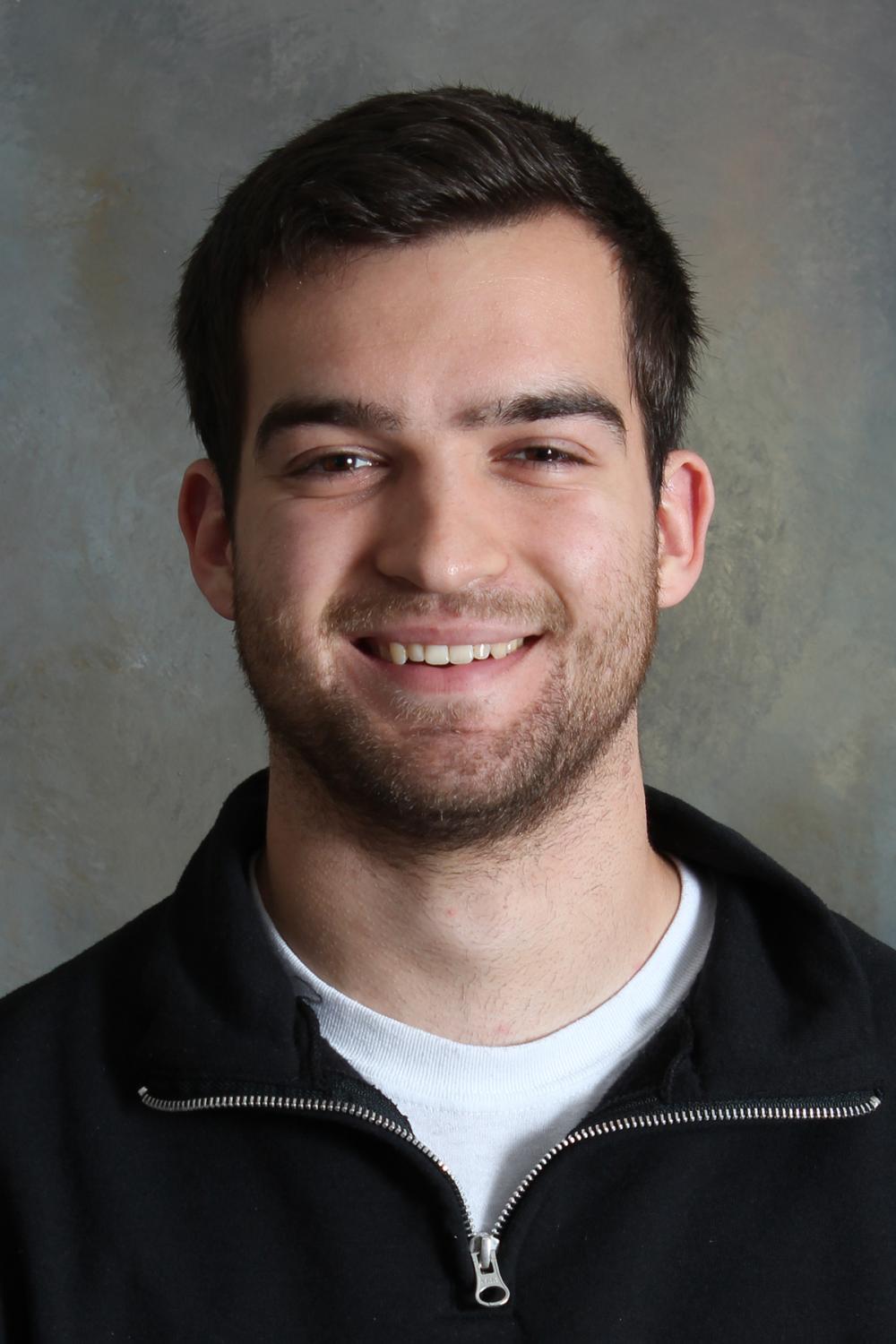Producing outstanding biology students is not foreign to East Central University.
Courtney Karner, ECU alumnus and assistant professor and research faculty member in the Department of Orthopaedics Research at Duke University, can attest to that.
Josh Hardage, from Washington, Oklahoma and currently in his senior year as molecular biology major at ECU, spent 12 weeks of his summer at the prestigious institution in Durham, N.C., working as an intern in Karner’s lab.
“It was fantastic…an awesome experience,” said Hardage. “The facilities were as good as it gets. It was not only good to be at the university but the area around it (in Durham, North Carolina).”
It was the first go-round for an ECU student in this capacity.
“Without a doubt, this initial run was an outstanding success,” said Karner. “Josh functioned at a level commonly associated with senior graduate students or junior postdoctoral associates and far surpassed the expectations I had for him. This is truly outstanding when one considers my expectations are exceedingly high to begin with.”
The internship program was the brainchild of Dr. Gerald Williamson, who had a 38-year run at ECU in various positions, but more recently was advancement officer for the ECU Foundation, Inc.
Williamson visited Karner at his lab during the spring of 2016.
“We were discussing the quality, or lack thereof, of undergraduate students that I had in my lab at the time,” Karner said. “Dr. Williamson opined ECU could provide students of better quality and work ethic and inquired if I would be interested in a pilot summer internship program, he could get it funded. His tireless efforts resulted in this becoming a reality.”
According to Karner, Hardage was able to work autonomously on his project, which focused on the regulation of the enzyme glutaminase (GLS) during osteoblast differentiation.
“Josh began studying the role of hypoxia. However, he quickly discovered hypoxia does not regulate GLS activity in osteoblasts. This is one contradiction to recently published data in the field,” said Karner. “This forced him to change directions and led him to become interested in the potential role of WNT signaling regulating GLS activity.”
Karner indicated that Hardage took the initiative to learn about a new unrelated pathway and apply this knowledge to his project.
“Impressively, he was able to pivot and determined the WNT/mTORC1 pathway was responsible for regulating GLS activity,” Karner said. “More importantly, Josh began to characterize a compound that stimulates GLS activity in vivo which has the potential to be a novel lead compound in the osteoanabolic agents to treat osteoporosis.”
Karner says Hardage will be an author when these data are published. Moreover, these data form the basis for my upcoming NIH RO1 grant submission, underscoring the quality of his work in the lab.
“Dr. Karner is a great guy and demands a lot, but for everything he demands, he gives more. It was great to work with him,” Hardage said. “Everyone in the lab was great to work with. They were all really awesome to work with and they helped a lot as well.”
Hardage’s co-workers in the lab included: Hunter Newman, a technician from Boston College; Everett Knudson, an undergraduate at Duke; Yilin Yu, a technician from China and Leyao Chen, a graduate student who attended Vassar College in New York as an undergrad.
Work ethic and intellect played a lot in Hardage’s success in the lab, but Karner also attributed it to the quality of education he has received at ECU, particularly the tutelage from Dr. Alisha Howard and Dr. Ken Andrews.
“They should be commended for the job they performed with Josh,” said Karner. “From many factors, including my time at ECU (1999-2004) and being in Dr. Andrews’ first class 18 years ago, and my time with Josh this summer, I can attest to the high quality of instruction that still occurs in the Biology Department. As an alum, this makes me very happy. I have no doubt with quality new faculty like Dr. Howard that this will continue in the future.”
Karner praised Williamson for his vision in the project.
“This experience would not have been made possible without the tireless effort of Dr. Williamson. His vision for this internship and work procuring donations formed the foundation for a student to have the opportunity that would not have normally been available,” Karner said.
NOTE: Karner was the recipient of the Milam Award during ECU’s Homecoming on Oct. 28. The Milam Award goes to a Tiger former football player who has stood out in his chosen profession. Karner was an Academic All-American during his playing days with ECU.
-ECU-

